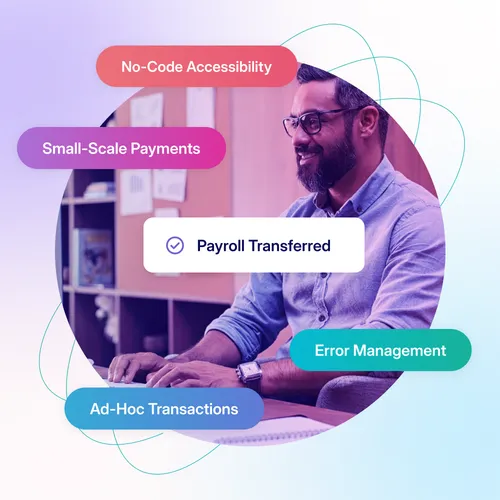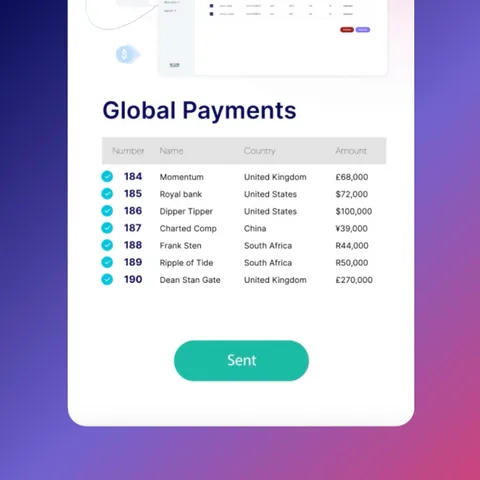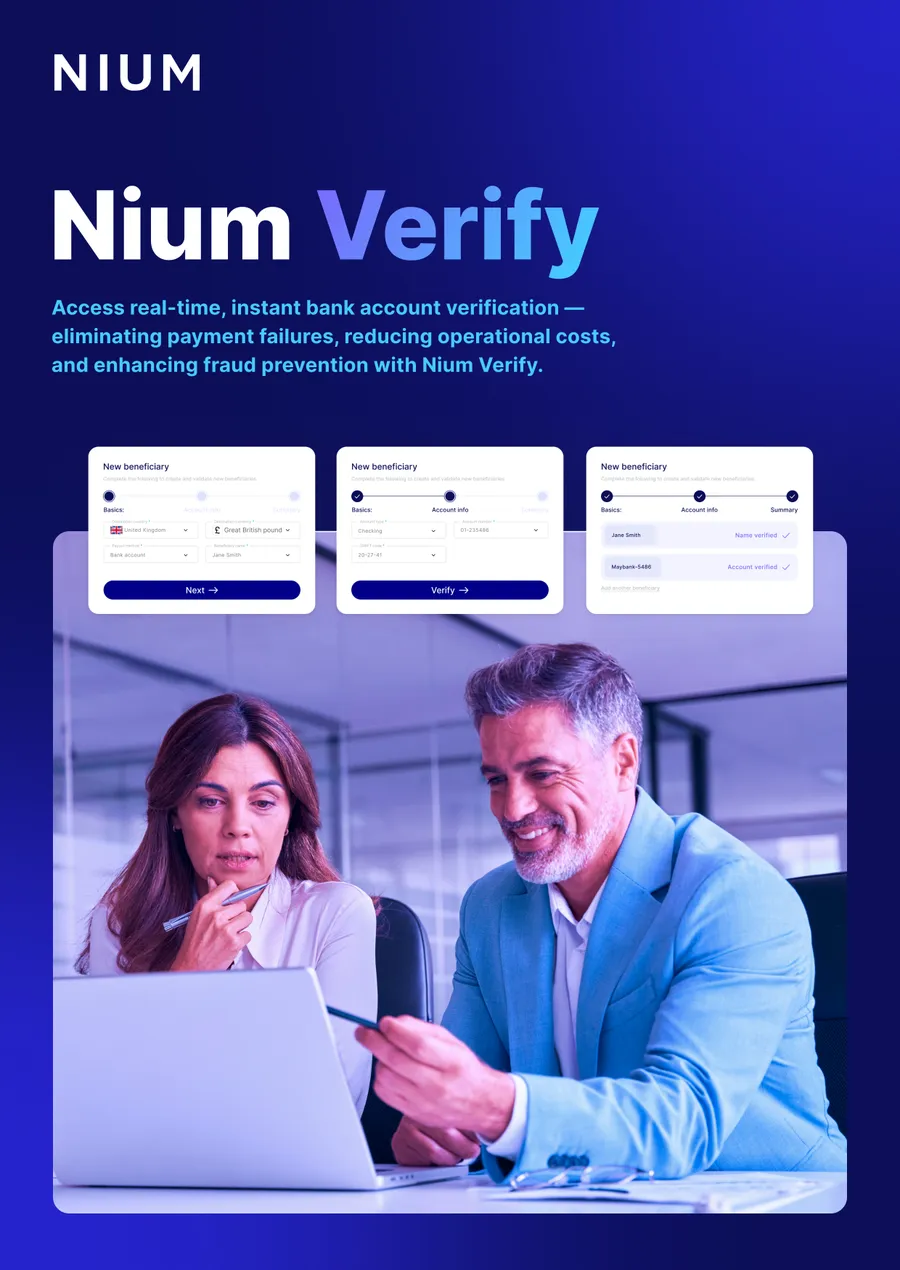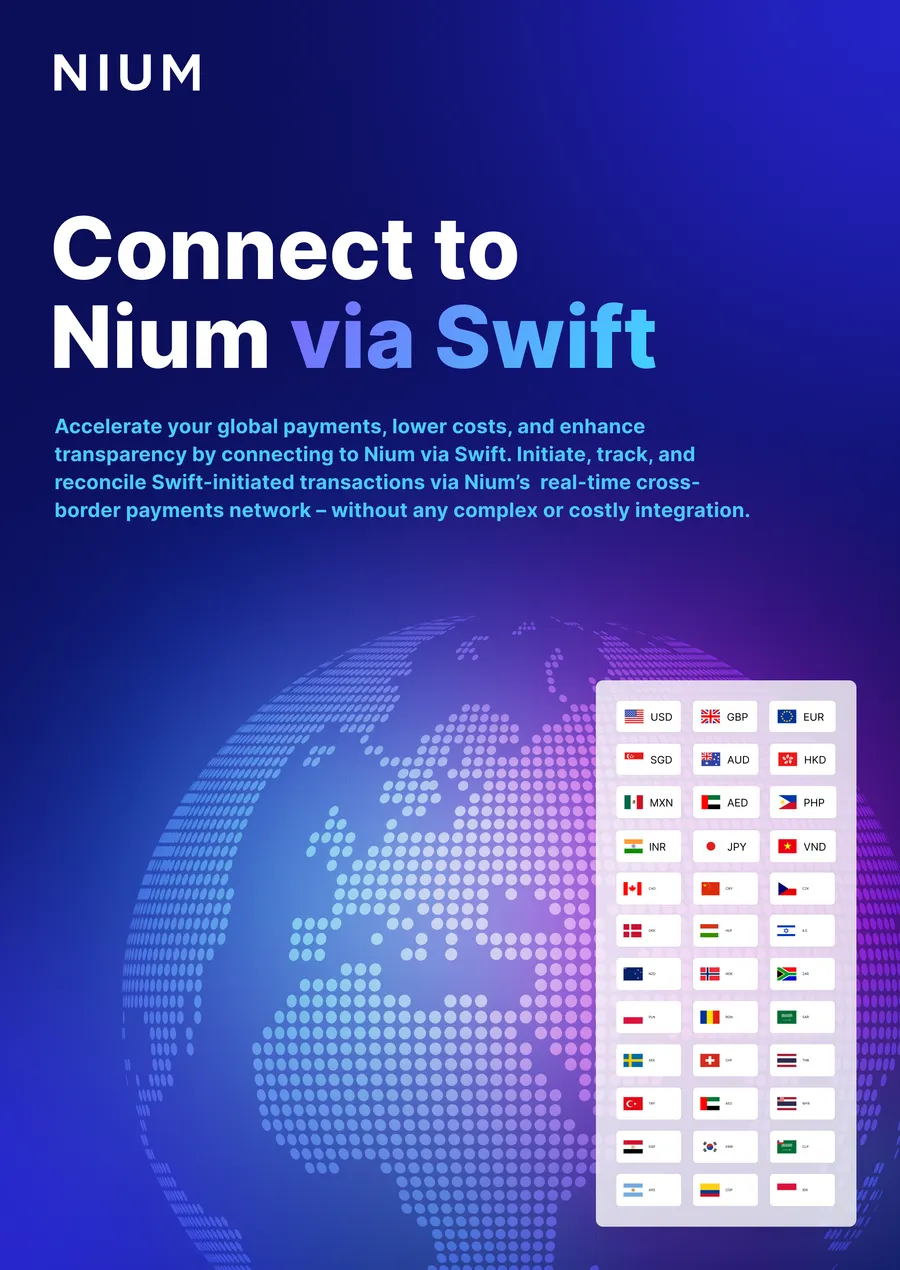Published Oct 6, 2021
Being able to timely raise invoices and receive payments are the cornerstone of any successful business. Digital transformation and rapidly growing e-commerce have ushered enterprises into a new era where cash flow stability for speedy products and services restocking, and revenue acceleration, are non-negotiables. As market competition intensifies, inefficient old ways of manual invoice processing, and waiting for approvals cannot keep with current times. Suppliers want to be incentivized with faster payments, whereas businesses want to be able to receive payments from customers quickly in order to scale operations.
This is why picking up the pace with B2B (business to business) payment automation is an excellent way to not only strengthen supplier relationships, but also avoid late payment penalties, interest charges, and repetitive follow-up requests. On the flip side, automated payment collection means optimized invoicing, an improved payment experience for clients, and no tedious data entry hassles.
Adapting automation builds a payment-centric approach across the business application landscape. Adapting automation technology to expedite payments delivers strong operational benefits. Don’t just take our word for it; 87% of firms that have automated AR (Accounts Receivable) functions experience faster processes. Adding to the list of proven benefits, best-in-class organizations that leverage AP (Accounts Payable) automation benefit from invoice exception rates that are 57% lower than non-automating companies.
How Does B2B Payment Automation Impact Profitability?
Evolving technology and trends, especially since the pandemic, have changed the way businesses and customers conduct transactions. Customers now have access to overnight delivery services from e-commerce platforms; this sheds light on the need for B2B payments and interactions supporting these transactions to match the pace.
According to research, 49% of small businesses experienced a great impact on their collection’s operations due to Covid-19. In fact, new data suggests that B2B payments fraud may have increased by over 300% in the last six months alone. From being time-intensive, expensive, high-risk, non-personalized, and error-prone, businesses failing to prioritize payment automation are setting themselves up for failure. There are also the added operational burdens of increased workload, overwhelmed employees and poor financial controls. Leaving room for improved cost and time savings, vendor management, compliance and process streamlining – now is the time to take action with online payment fraud expected to increase by 130% by 2024.
Payment Automation- Technology Updates
Effective, powerful, and a proven competitive edge, recent research by PaymentSource estimates payment automation to lower the average cost of invoice processing by as much as 80%. Emerging technologies such as AI (Artificial Intelligence), ML (Machine Learning), RPA (Robotic Process Automation), etc. can support a very large volume of transactions, customer interactions, and payments related processes. From flagging unusual transactions, monitoring unusual staff actions in the system, and identifying customer buying patterns, automation is unlocking new opportunities to revolutionize payment automation.
The shift away from obsolete technologies is surely gaining momentum – payment players are prioritizing AI and anti-money laundering solutions with an anticipated increase in spending adding up to USD 10 billion in 2024 – a 15% increase from 2020.
How Can Nium Help?
From expediting payments and collections, to optimizing payment processes, Nium’s global payment platform is already infused with emerging technology. Nium’s modular platform removes the complexity from global payments and allows banks, payment providers, travel companies, and other businesses to embed financial services, including technologies for pay-outs, pay-ins, card issuance, and banking-as-a-service, in weeks, not months.
Once connected to the Nium platform, businesses have the ability to collect and disburse funds in local currencies to over 100 countries, plus issue physical and virtual cards globally. Nium owns licenses in 11 of the world’s largest and fastest-growing jurisdictions to enable seamless global payments, regardless of geography. Powered with real-time API connection, there is no need for clients to incur heavy implementation expenses in order to integrate Nium’s platform into their existing business application landscape.
To learn more about Nium’s Global Payment Platform, schedule a call with our team today!




.png@webp)



.png@webp)



